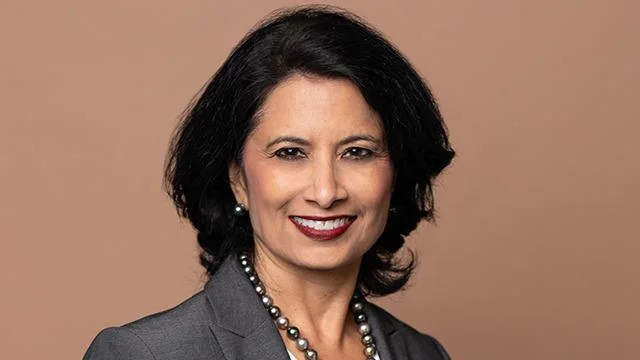University of Houston Energy students participated in their first study abroad trip to Argentina this May. The program, called “Sustainability in Policy,” was led by Professor Virginia Snodgrass Rangel from the College of Education, who lived in Argentina for two years while working remotely.
Snodgrass Rangel moved to Buenos Aires in 2023 with her husband, who works for Wood PLC, a company based in Aberdeen, Scotland with operations in Houston and several Argentinian cities. Inspired by her experiences there, she proposed bringing UH Energy students to learn about sustainability and energy policy firsthand.
“I wanted to make something of my time here that wasn’t just me doing UH work remotely,” Snodgrass Rangel said. “So, that was the genesis.”
The group included 10 students from different disciplines and three faculty members. Planning required coordination across various colleges at the university because UH Energy is not a standalone college but rather an initiative involving multiple departments.
“We spent a lot of time planning, meeting and organizing to put this together,” said Diedra Perry, executive director of educational programs and one of the faculty members on the trip. “We were literally building the plane as we were flying it because we had never done this before.”
Perry explained that developing a syllabus and arranging logistics involved working closely with each student’s college and its leadership. Finding available faculty and confirming student participation also presented challenges.
The trip was initially planned to be co-led by Professors Mim Rahimi from the Cullen College of Engineering and Pablo Pinto from the Hobby School of Public Affairs. Pinto, originally from Argentina, had to withdraw due to scheduling conflicts but played a key role by connecting organizers with local contacts.
“Pinto gave us a long list of folks to contact, and they were very excited and willing to help us,” Perry said. “We ended up having so many opportunities in Argentina, we had to let some stuff go.”
During their 10 days in Argentina, participants visited nine businesses and three universities across Buenos Aires and Neuquén. Students gained practical experience through site visits including oil and gas production facilities.
“They got hands-on experience to see what’s happening,” Rahimi said. “We took them to a site in Neuquén and the students were so excited. The experience was priceless.”
Businesses tailored activities for students based on their majors. For example, one computer science major met directly with a programmer at a local company.
“One of our students was a computer science major, so they sent her to meet for half an hour with one of their programmers,” Snodgrass Rangel said. “She was thrilled. Not that she hadn’t learned anything yet, but that was the first time she learned something directly related to what she did.”
Vittoria Palomba, a chemical engineering major on the trip, reflected on how it connected classroom learning with global industry challenges: “It helped me connect classroom learning to broader global systems and made me think more critically about the role engineers play in shaping sustainable solutions.” Palomba plans to pursue work focused on sustainable development within the energy sector after graduation.
UH Energy’s itinerary included visits to companies such as PampaEnergía, DP World Buenos Aires, Chevron Buenos Aires, Aconcagua Energía; non-profits like Fundació Nordelta; as well as academic institutions including Universidad de Flores and Instituto Technológico de Buenos Aires.
Since returning home, Snodgrass Rangel has resumed work in Houston but remains committed to continuing international programs for UH Energy students. She confirmed plans are underway for next year’s study abroad destination—Chile—with details still being finalized.
“Everything is global now, but energy really is global,” Snodgrass Rangel said. “I think the more the university can do to build those international connections will prepare students for what they’re going to find.”

